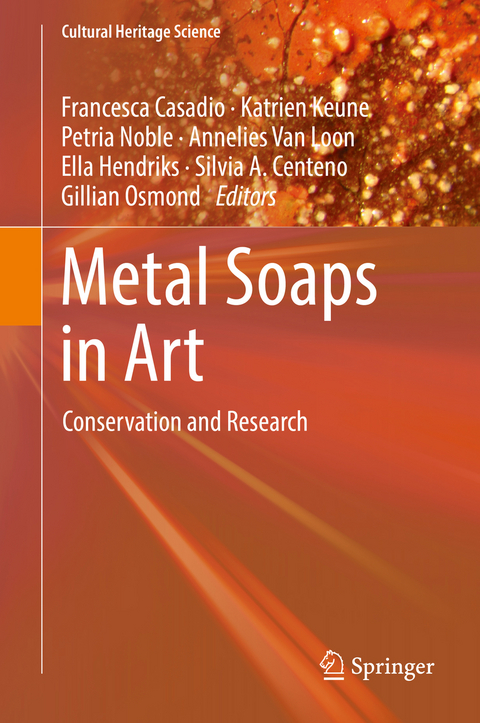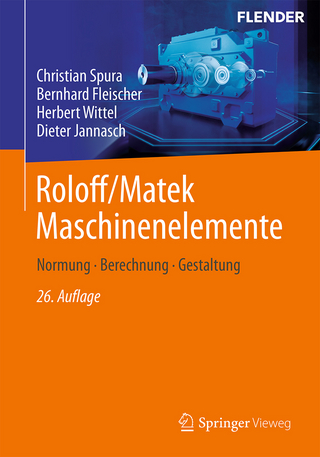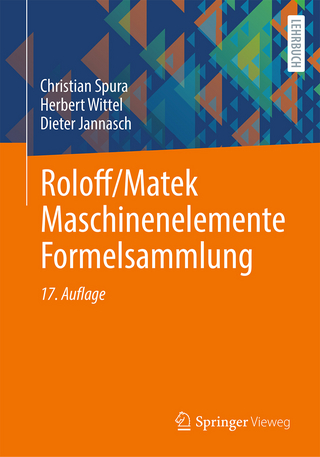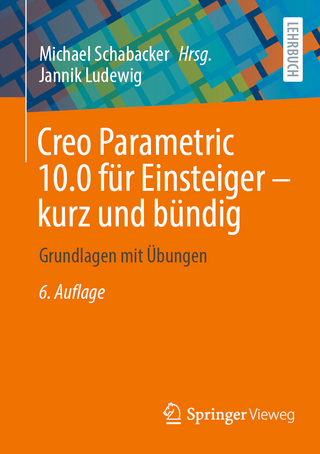
Metal Soaps in Art
Springer International Publishing (Verlag)
978-3-319-90616-4 (ISBN)
This go-to reference work surveys the current state of knowledge in the field of metal soap-related degradation phenomena in art works. It contains detailed descriptions and images of the different phenomena and addresses the practical aspects of soap formation, preventive conservation, and treatment.
The occurrence of metal soaps is one of the defining issues in the conservation of painted surfaces, and one that presently leaves innumerable open questions. It is estimated that around 70% of paintings in museum collections are affected by some form of metal soap-related degradation. In recent years, significant advances have been made in the detection and characterization of these compounds through interdisciplinary approaches including conventional spectroscopy and microscopy as well as emerging synchrotron-based techniques.
This book for the first time captures a panoramic overview of the state of knowledge of metal soaps related to both scientific analysis and implications for conservation and treatment. It also critically examines open questions. The book is accessible to audiences with varied backgrounds (e.g. conservators, students of conservation science) while simultaneously presenting the technical details indispensable for academics and researchers active in this field.
Francesca Casadio joined the Art Institute of Chicago in July 2003 as the Museum's first A. W. Mellon Senior Conservation Scientist. Since January 2018 she is the Grainger Executive Director of Conservation and Science. With a PhD in Chemistry from the University of Milan, Italy, Casadio is also the founder and co-Director of the Northwestern University / Art Institute of Chicago Center for Scientific Studies in the Arts (NU-ACCESS). Her research interests are interdisciplinary studies mainly focused on artistic materials and practices of the 19th and 20th century.
Foreword.- Preface.- List of Contributors.- 1 A Brief History of Metal Soaps in Paintings From a Conservation Perspective.- Part I Formation, Migration and Environmental Influences.- 2 Zinc Soaps: An Overview of Zinc Oxide Reactivity and Consequences of Soap Formation in Oil-Based Paintings.- 3 Towards a Complete Molecular Model for the Formation of Metal Soaps in Oil Paints.- 4 Understanding the Dynamics and Structure of Lead Soaps in Oil Paintings Using Multinuclear NMR.- 5 Historical Evolutions of Lead-Fat Formula from Antiquity to Modern Times: An Echo Between Pharmacy and Painting.- 6 Impact of Lead Soaps on the Formation of Age Craquelure.- 7 An Investigation into Metal Ions in Varnish Coatings.- 8 Ageing of Natural Resins in Presence of Pigments: Metal Soaps and Oxalates Formation.- 9 Factors Affecting the Reactivity of Zinc Oxide with Different Drying Oils: A Vibrational Spectroscopy Study.- Part II Innovative Approaches to the Characterization of Metal Soaps and Oxalates.- 10 Tracking Metal Oxalates and Carboxylates on Painting Surfaces by Non-Invasive Reflection Mid-FTIR Spectroscopy.- 11 Identification and Distribution of Metal Soaps and Oxalates in Oil and Tempera Paint Layers in 15th Century Altarpieces Using Synchrotron Radiation Techniques.- 12 Photoluminescence Micro-Imaging Sheds New Light on Phase Characterization in the Development of Metal Soaps in Historical Paintings.- 13 Physicochemistry of Pure Lead(II) Soaps: Crystal Structures, Solid and Liquid Mesophases, and Glass Phases: Crystallographic, Calorimetric and Pair Distribution Function Analysis.- Part III Characterization and Treatment.- 14 Taking Different Forms: Metal Soaps in Paintings, Diagnosis of Condition, and Issues for Treatment.- 15 Characterization and Removal of a Disfiguring Oxalate Crust on a Large Altarpiece by Hans Memling.- 16 The Development of an Aqueous Gel Testing Procedure for the Removal of Lead-Rich Salt Crusts on the Surface of Paintings by Giovanni Antonio Pellegrini (1675-1741) in the 'Golden Room' of the Mauritshuis.- 17 The Formation of Calcium Fatty Acid Salts in Oil Paint: Two Case Studies.- Part IV Case Studies in 19th and 20th Century Art: Artists and Paint Makers.- 18 Everything Old is New Again: Revisiting a Historical Symposium on Zinc Oxide Paint Films.- 19 Notes on Metal Soap Extenders in Modern Oil Paints: History, Use, Degradation, and Analysis.- 20 Delamination due to Zinc Soap Formation in an Oil Painting by Piet Mondrian (1872-1944): Conservation Issues and Possible Implications for Treatment.- 21 Paint Delamination as a Result of Zinc Soap Formation in an Early Mondrian Painting.- 22 Photometric Stereo by UV-Induced Fluorescence to Detect Protrusions on Georgia O'Keeffe's Paintings.- 23 A Montparnasse Disease? Severe Manifestations of Metal Soaps in Paintings by Pierre Soulages from around 1959-1960 (Delaminating Oil Paint Layers, Medium Exudates, Discolourations).- 24 Seldom Black and White: The Works of Franz Kline.
| Erscheinungsdatum | 18.08.2018 |
|---|---|
| Reihe/Serie | Cultural Heritage Science |
| Zusatzinfo | XXII, 424 p. 152 illus., 137 illus. in color. |
| Verlagsort | Cham |
| Sprache | englisch |
| Maße | 155 x 235 mm |
| Gewicht | 828 g |
| Themenwelt | Technik ► Maschinenbau |
| Schlagworte | inorganic salt crusts • isomeric networks • metal carboxylates • Metal soaps and oxalates • painted surfaces • reflection mid-FTIR spectroscopy • soap-related degradation • synchrotron deep-UV photoluminescence imaging • Synchrotron X-ray diffraction and imaging • vibrational spectroscopy |
| ISBN-10 | 3-319-90616-X / 331990616X |
| ISBN-13 | 978-3-319-90616-4 / 9783319906164 |
| Zustand | Neuware |
| Informationen gemäß Produktsicherheitsverordnung (GPSR) | |
| Haben Sie eine Frage zum Produkt? |
aus dem Bereich


